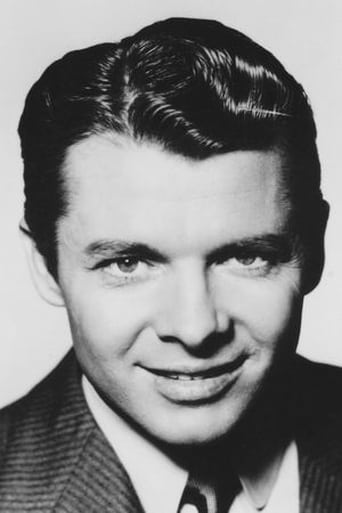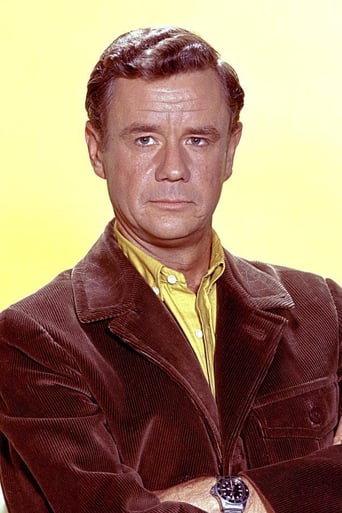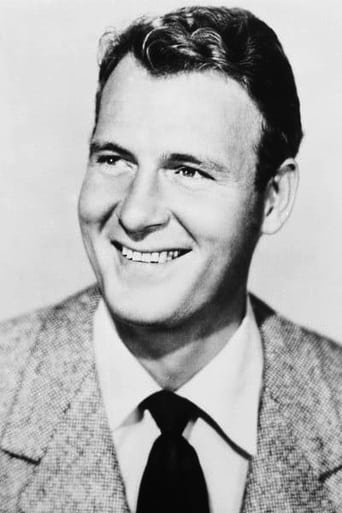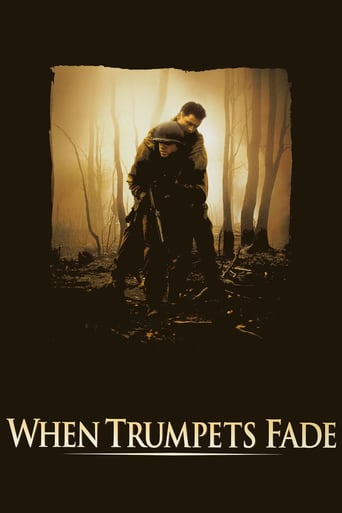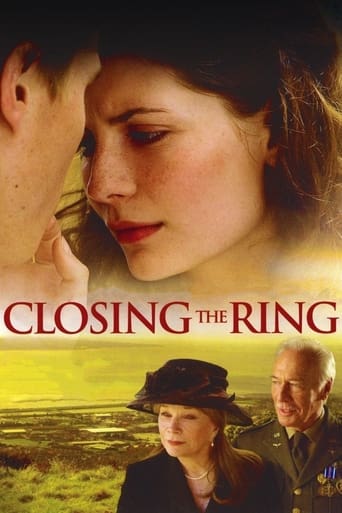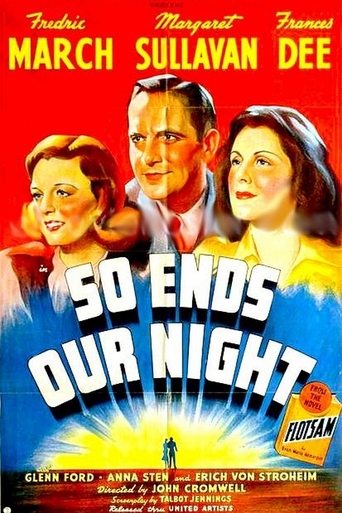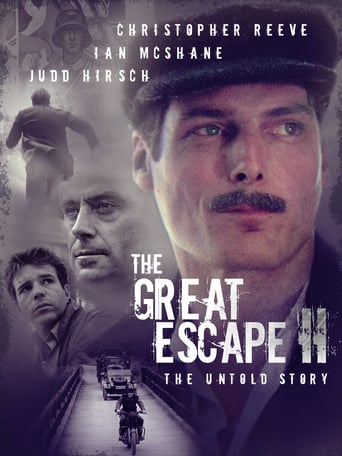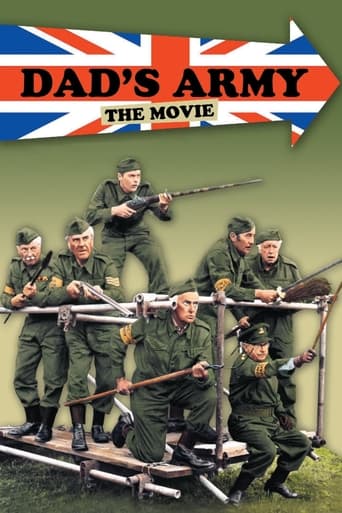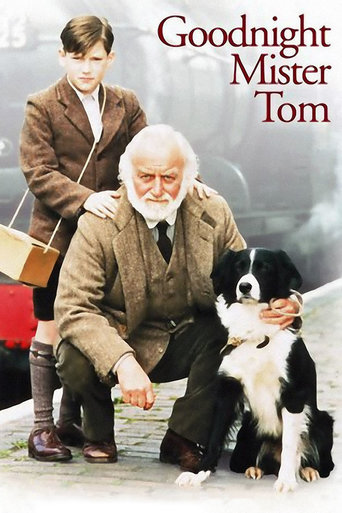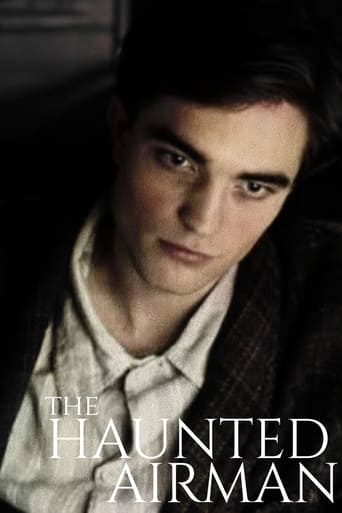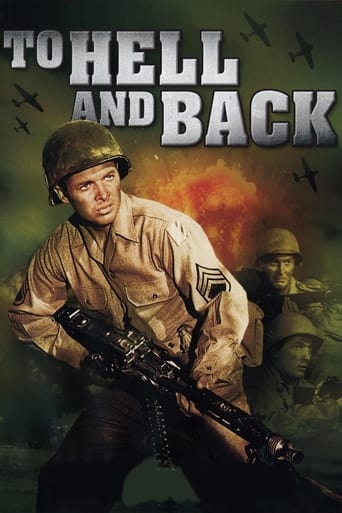
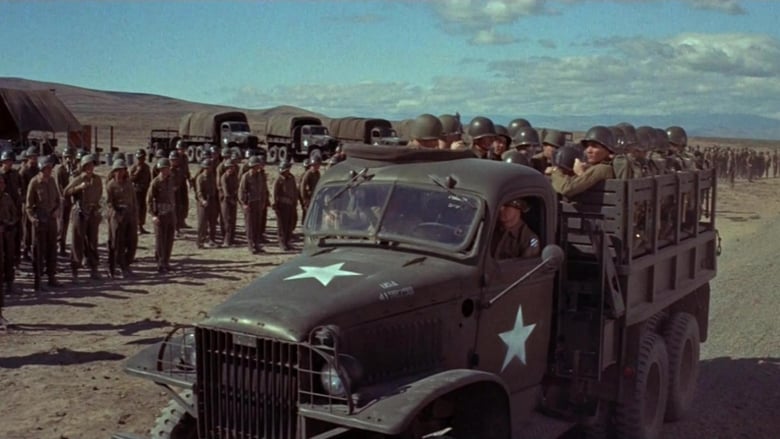
To Hell and Back (1955)
The true WWII story of Audie Murphy, the most decorated soldier in U.S. history. Based on the autobiography of Audie Murphy who stars as himself in the film.
Watch Trailer
Cast
Similar titles
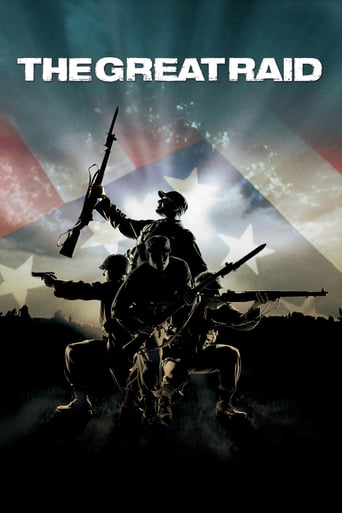
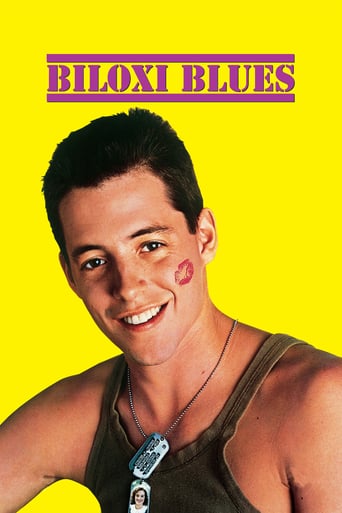
Reviews
This is a coming of age storyline that you've seen in one form or another for decades. It takes a truly unique voice to make yet another one worth watching.
It's easily one of the freshest, sharpest and most enjoyable films of this year.
There are moments in this movie where the great movie it could've been peek out... They're fleeting, here, but they're worth savoring, and they happen often enough to make it worth your while.
The film never slows down or bores, plunging from one harrowing sequence to the next.
What an awesome war movie. I'm an ex marine who's a huge war movie buff I watched pretty much everything so I started getting into the classics Id never even heard of this movie, just bought it buying some other war films and after watching it it's definitely become one of my absolute favorites. Although it was made over 50 years ago watching it was greatly entertaining and then after finding out it starred the actual person who went through and did all of this made it even more intriguing and fascinating for me I think it's better than Saving Private Ryan. I think one of the other reasons it's so good is because it's basically non stop real life action there's no time to get bored with it like you do with some action films and it's all quality mad even for it's age no cheap photography and video tricks. I would highly recommend this movie to any war film lovers old or young I'm 24 and absolutely loved it.
Audie Murphy was just a kid from Texas, who had been turned away by the Marines, the Navy and the Army Airborne. However, he finally finagled his way into the Army and proceeded to make history. What often gets glossed over in the recounting of Murphy's brave deeds was his leadership. This was a 19 year-old leading a platoon in combat. The film captures this quite well.Since the film was produced in the 50s, it has the look and feel of a recruiting commercial. The film had to co-operation of the Army and that usually means we are going to stress heroics over realism. However, the film never fully descends into propaganda, thanks in large part to Murphy's honest portrayal of the fear of combat, the loss of friends, and other aspects of life at war.Murphy plays himself, though he was in his 30s. He had a babyface, which eases you into accepting this. Besides, he knew how he felt at those moments and he portrays it on screen.Audie Murphy was a sharecroppers son, one of 12 children. His father ran out on the family, leaving them struggle. We see young Audie take responsibility for the family, sacrificing his education to earn a living. This theme will be carried forward, as Murphy finds himself given greater and greater responsibility, often against his wishes.Murphy was never destined for an Oscar, but he knows this role inside and out. He lived it. He has a quiet honesty that is refreshing, especially in an era of "heroic" war films. Murphy was a real hero, but it wasn't about glory; it was a job that needed doing. He never overplays things and the script wisely sticks to moments of comradery and action.The rest of the cast is filled out with fine character actors who, like their characters, do their bit. We get some memorable figures for Audie to bond with and see his reaction to their loss. They are given real meaning so we get a small understanding of the loss that Murphy felt and the reason he performed such daring acts of bravery: they were trying to kill his friends.The film never reaches the level of greatness, but it does its job of telling the story of Audie Murphy, without pomp or flash, much like the real man. If it has a real weakness, it's that it doesn't follow Murphy into civilian life, after his fame. Murphy was not only noted for his bravery on the battlefield, but also for his courage in discussing the emotional and psychological scars he carried with him for the rest of his life. In an era when soldiers didn't discuss the effect that combat had upon them, Murphy did so, letting others know that they weren't alone. Again, he was a leader.
I read the book as an teenager, and then saw the movie. At first I was mad that the movie made war seem not so violent. The inaccuracies of the pain and suffering in the movie upset me. Later, as I got older, I learned to laugh at the differences. The war chewed Audie up, and the movie really does not show how bad things were. There is a story in the book, where Audie sleeps in a fox hole during the winter. He wakes up when a shell goes off and his hair had frozen to the ground and rips out of his head. The movie does not show this, or anything like the misery other than a lot of mud. There are no 1000 yards stares in this movie. The movie is nice to watch if you appreciate the equipment and technical aspects of the military.
This autobiographical account of the exploits of Audie L. Murphy as the most decorated American soldier of World War II makes for a good--but not great--traditional military movie where everybody obeys orders and few complain about serving in the infantry. "Ride Clear of Diablo" director Jesse Hibbs and "Saskatchewan" scenarist Gil Doud has fashioned a solid, unpretentious combat movie that opens with a brief prologue about our protagonist and the rigors that he endured as a teenager. Murphy had no father. The man abandoned his family and left them to fend for themselves with our hero setting aside his eighth school education to earn money for his mother and his brothers and sisters.The outbreak of World War II prompted Murphy to enlist, but the Marine Corps and the Navy rejected him for his size. He stood five feet five inches and must have looked even scrawnier in real life. Eventually, Murphy made it into the Army, but Hibbs and Doud skip his basic training and have him showing up in North Africa as a replacement. The commanding officer of the outfit is somewhat surprised when Murphy puts in a request to transfer to the paratroopers. Initially, the C.O. wants to transfer the ailing Murphy out because of his poor health on the trip to North Africa (Murph had never been on a ship) and put him in with the cooks. Murphy asks them to forego any special treatment. Nothing happens for our heroes in North Africa, but they get their taste of combat in Sicily and later the Italian campaign. Everybody in the outfit sets out to protect little Audie, but by the time that it is over, he has risen to the rank of lieutenant and he is the one watching out for them.What sets this combat film apart, aside from its infantry perspective, is the appearance of two genuine Sherman tanks--which while they may not be the same models that plowed through the fields of France--are a rarity in World War II movies, especially during the 1950s. Hibbs includes the famous scene where Murphy single-handedly stalled a German advance by manning a .50 caliber machine gun on a blazing tank. His superior officers wanted to ship Murphy off to West Point, but those ambitious plans were sidetracked when Murphy suffered a war wound that disqualified him for the academy. Marshal Thompson, who played the replacement in the Battle of the Bulge movie "Battleground" is cast as a fellow G.I. along with Jack Kelly who later attained fame on the "Maverick" television series with James Garner. Murphy has a brief interlude with a spunky Italian babe, Maria (Susan Kohner in her film debut), but they never get it on with fireworks to boot. Basically, "To Hell and Back" covers the war from North Africa to France without too much fanfare on the part of the protagonist. The theme of friendship is explored in some detail. Nobody wants to make friends under such stressful conditions because their friends wind up dying under fire and the separation is agonizing for them. The action ends with Murphy receiving his decorations. The Germans are pretty much depicted as extras in long shots without any interaction between themselves or the Americans.

